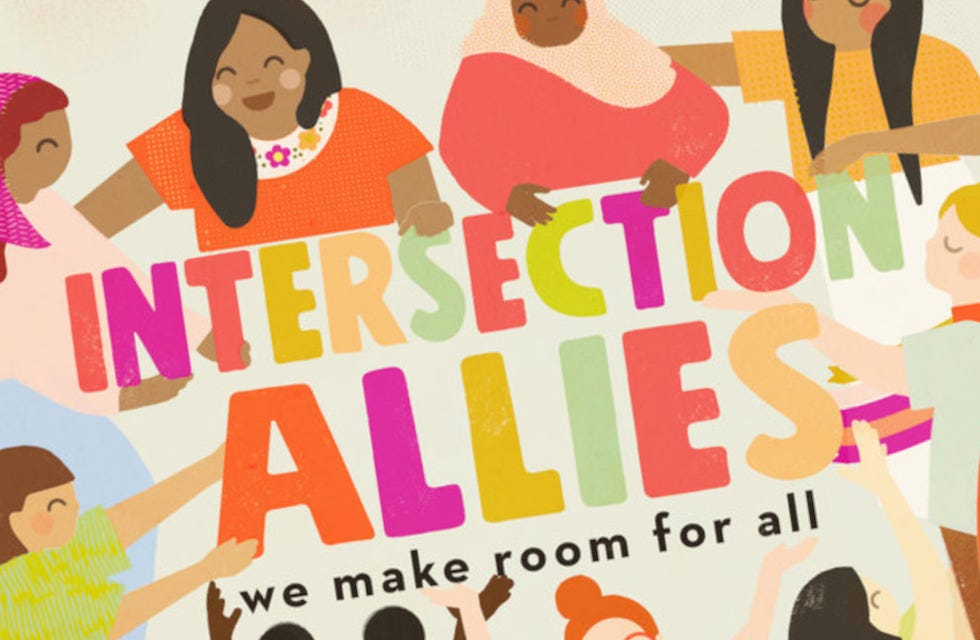High court says parents can opt children out of certain LGTBQ-related instruction
Dissent fears ruling ‘threatens the very essence of public education’

Parents’ rights to practice their religion in the way they raise their children extends to having the right to op…


